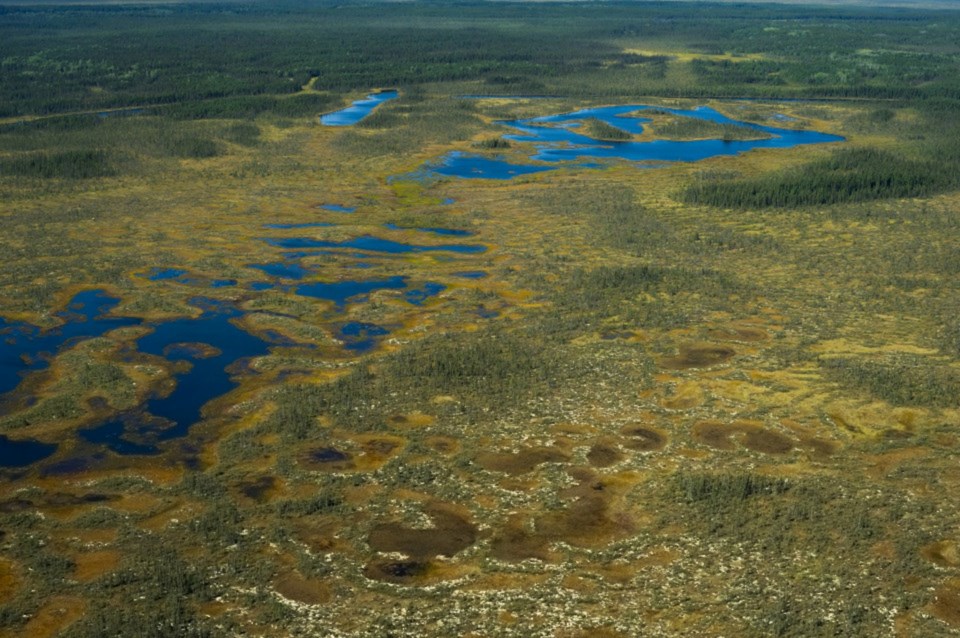Ottawa is going back to the drawing board to sketch out a new plan for the federal Regional Assessment process in the Ring of Fire.
The Impact Assessment Agency of Canada (IACC) released details this week on how stakeholders can participate in the terms of reference process that will assess the cumulative impacts of industrial development in Ontario’s Far North.
It's all part of a revamped, new process after the federal government decided to scrap the first version of the Regional Assessment, which never really got out of the starting blocks.
In February 2020, then-federal Environment Minister Jonathan Wilkinson called for the Regional Assessment of the area of the James Bay where mining companies are exploring and want to develop mineral deposits. But the assessment process never started. After three years of information gathering, Wilkinson’s successor, Steven Guilbeault, never signed off on the terms of reference.
This past January, Guilbeault met with regional Indigenous leaders in Thunder Bay and decided to toss out the first iteration of the Regional Assessment process in favour of one “co-led” by First Nation representatives and better reflects Indigenous values.
The Regional Assessment has been described as a holistic approach to determine the potential harmful impacts of mining in the region. The findings will be used only to inform a federal environmental assessment process of any future mining activity.
IACC said it will work with everyone, the Ontario government, Indigenous groups, federal authorities, environmental organizations and the general public “to determine the appropriate activities, outcomes and boundaries of the regional assessment.”
At the same time, Guilbeault’s cabinet colleague, now Natural Resources Minister Wilkinson, is promising a streamlined federal and provincial regulatory approvals process to put new mines and sources of critical minerals into production faster. When it comes to development in the Ring of Fire, Wilkinson said the government won't take shortcuts on protecting the environment nor will they trapple on Indigenous rights.
Whatever Regional Assessment process emerges, Guilbeault vows it must be “conducted promptly and be pursued as a top priority.”
To have a say and participate on what should be included in the terms of reference, IAAC said funding is available to assist eligible individuals and groups to provide input into the development of the draft document.
The deadline to receive funding applications is by the end of day on June 23.
Details on the funding program is available here, including eligibility criteria and the application form. Here is the Regional Assessment's home page on the IACC registry website, reference number 80468. Contact the Participant Funding Program by writing to fp-paf@iaac-aeic.gc.ca or calling 1-866-582-1884.
IACC, in collaboration with partner Indigenous groups, will host virtual information sessions in English to provide information on the regional assessment on these dates.
- Tuesday, June 20, 2023, from 2:00 p.m. to 3:00 p.m. ET
- Thursday, June 22, 2023, from 7:00 p.m. to 8:00 p.m. ET
For information on how to attend a session, please visit the project homepage on the IACC registry.
A French Session is available upon request.
Material from the virtual sessions can be available in both official languages. If you have any questions, please contact the Agency by writing to regionalrof-cdfregionale@iaac-aeic.gc.ca.




